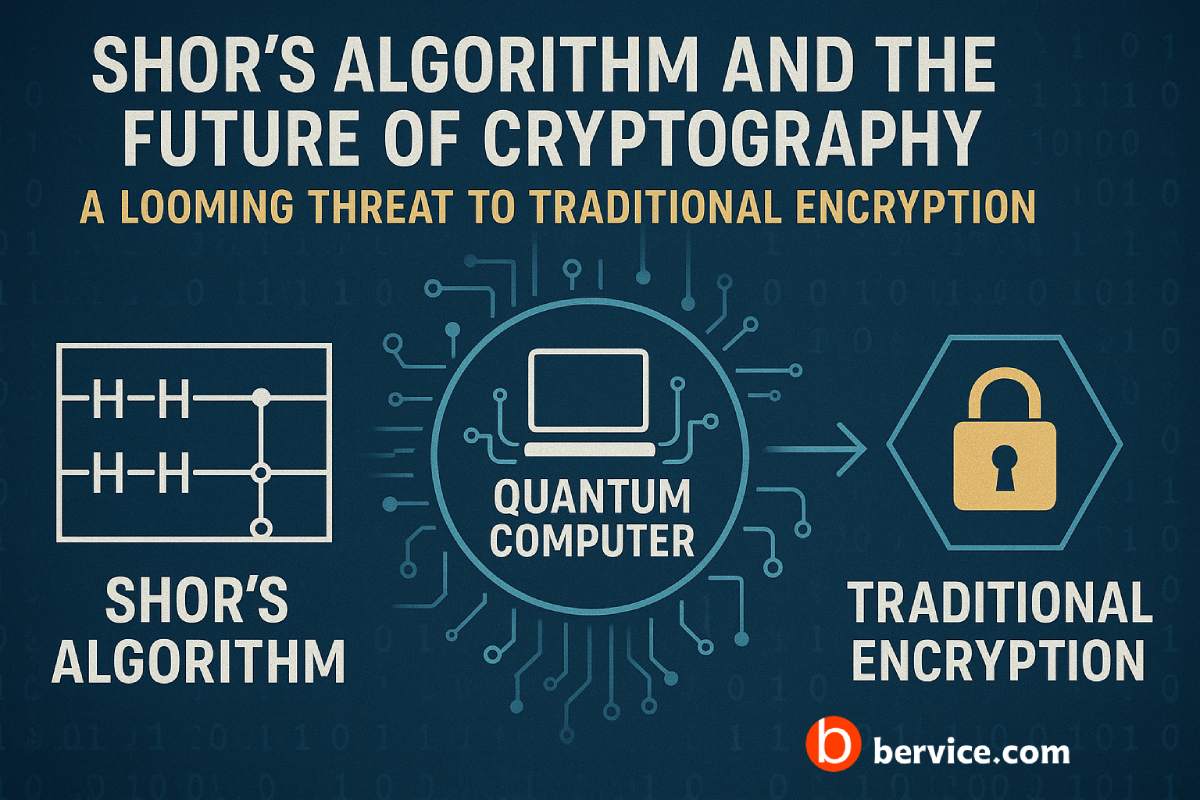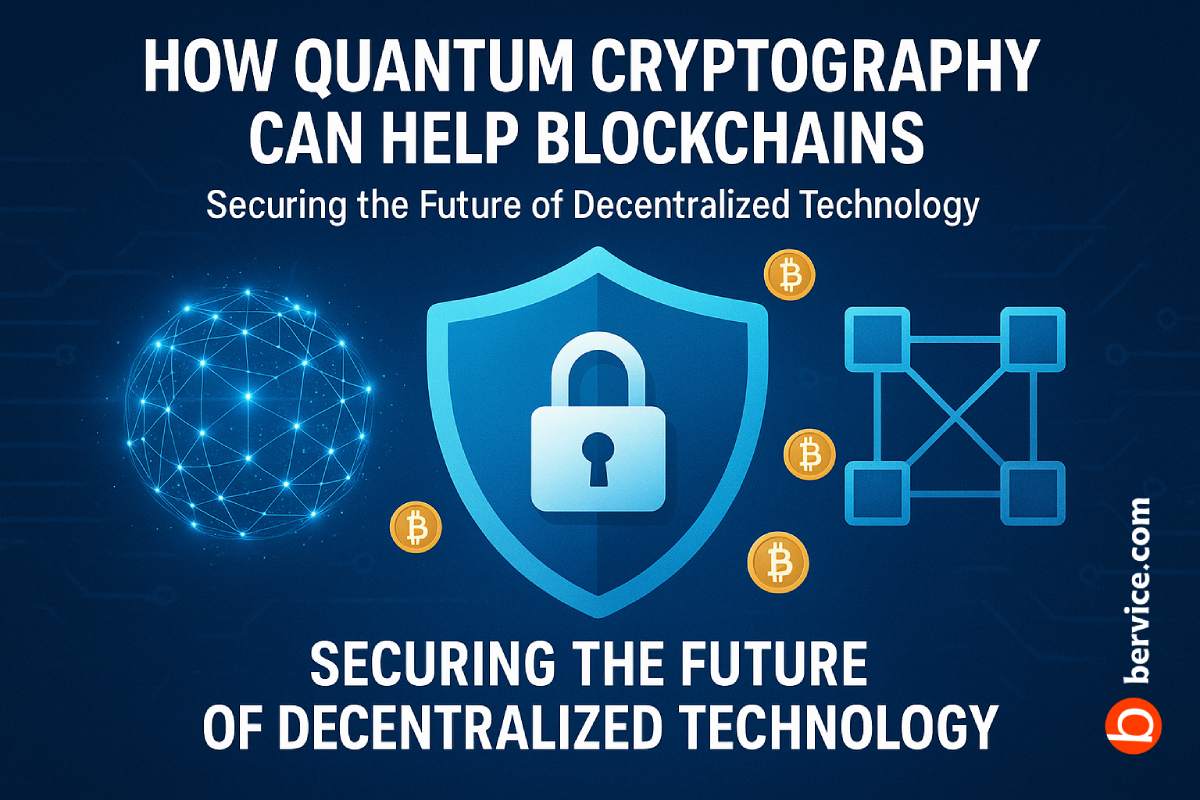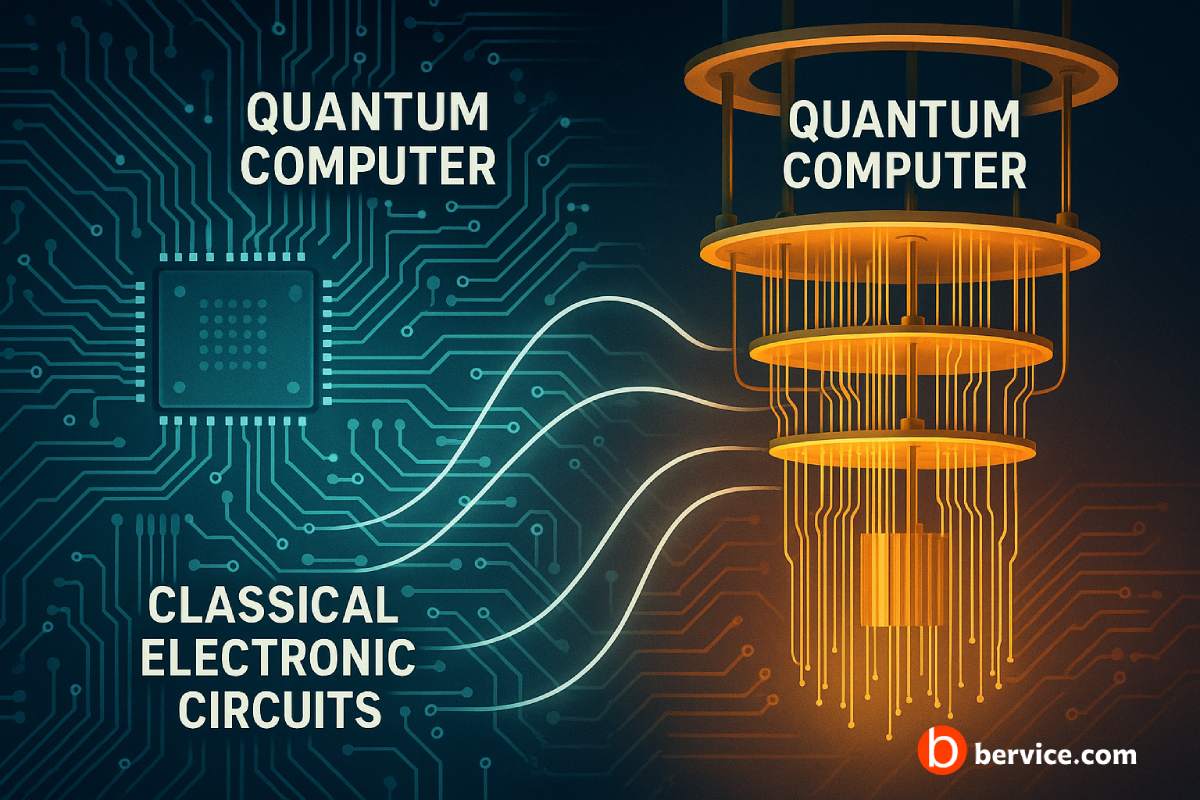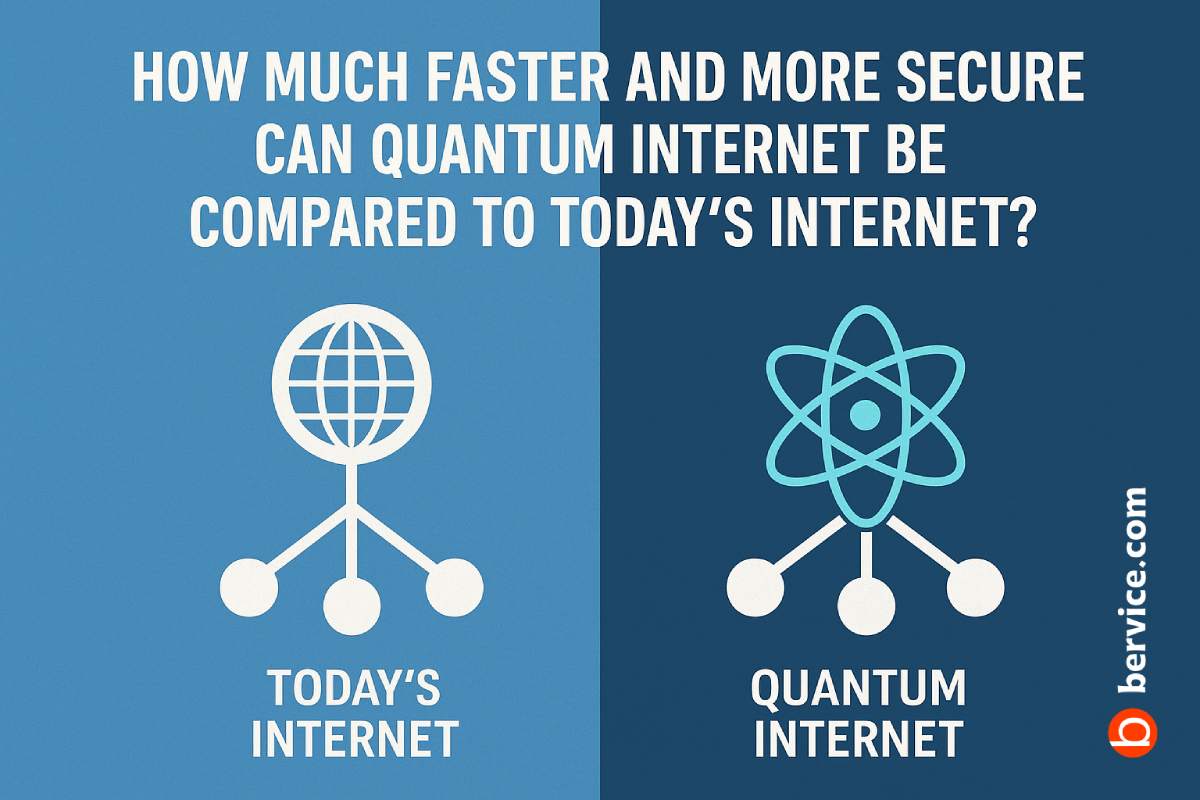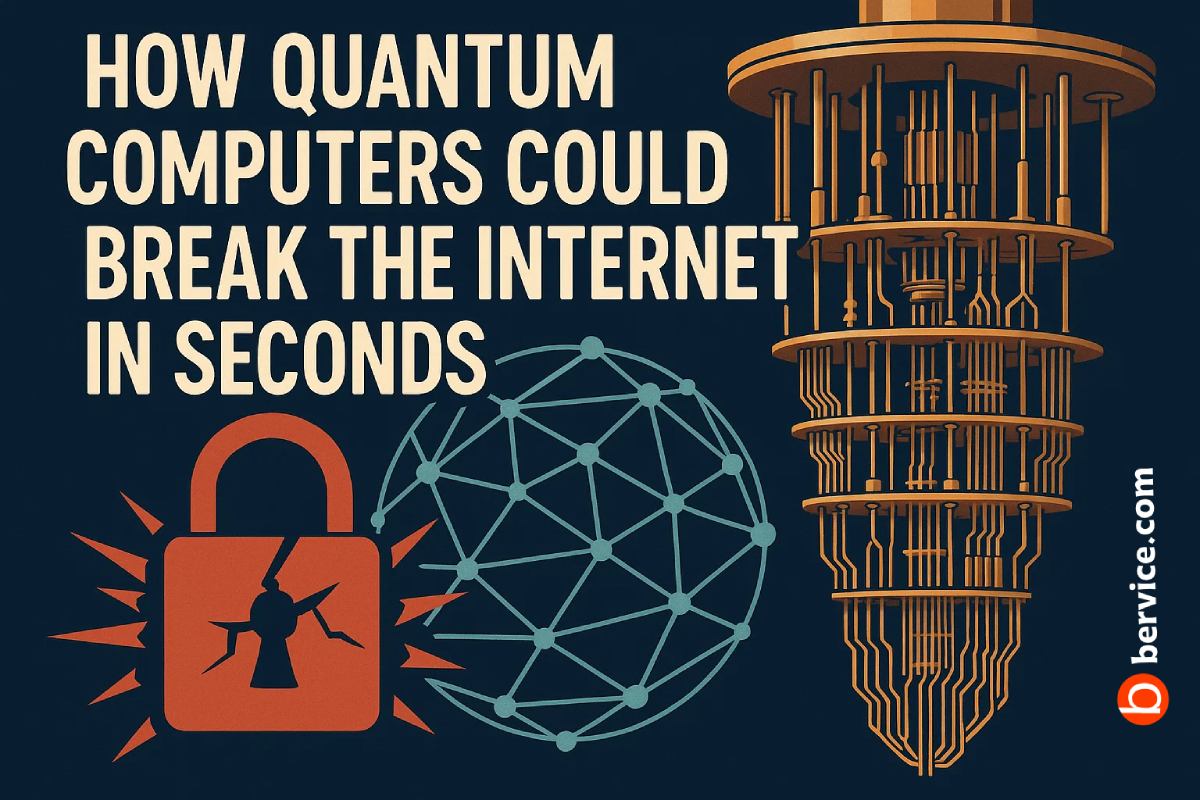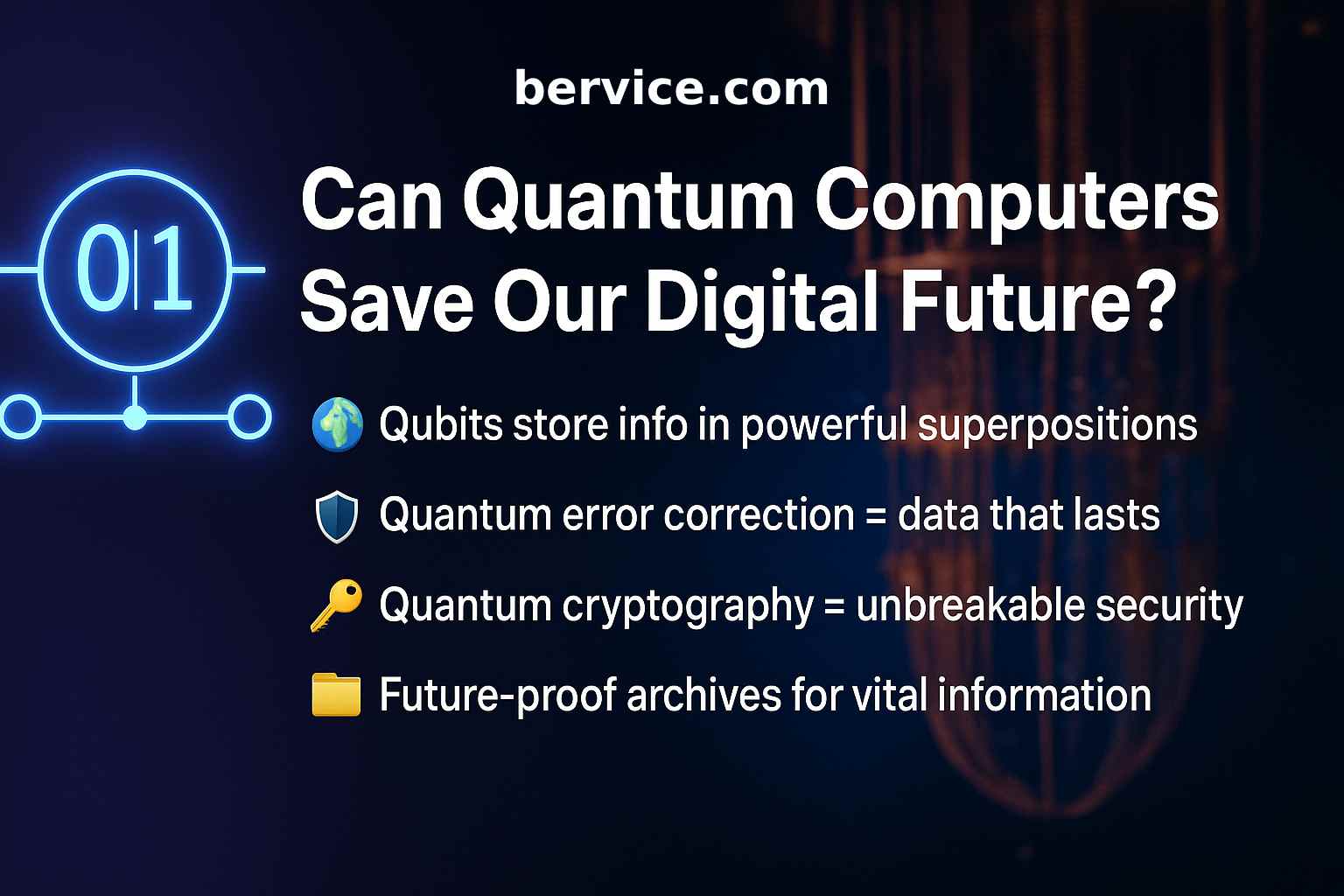
In the digital age, the preservation of information over long periods has become an increasingly critical concern. Traditional storage systems, while powerful, face numerous limitations when it comes to ensuring data integrity, resistance to degradation, and protection against obsolescence. Emerging technologies such as quantum computing offer promising new avenues for addressing these challenges. Quantum computers, through their fundamentally different approach to information processing, may hold the key to revolutionizing the way we store, secure, and retrieve information far into the future.
Quantum Information vs. Classical Information
At the heart of the quantum advantage lies the concept of quantum information, which is stored in quantum bits, or qubits. Unlike classical bits that represent data as either 0 or 1, qubits can exist in a superposition of both states simultaneously. This unique property allows quantum systems to encode and process vast amounts of information with far fewer resources. Additionally, quantum entanglement enables correlations between qubits that classical systems cannot replicate. These principles make quantum storage potentially more compact, resilient, and efficient compared to classical alternatives.
Decoherence and Quantum Error Correction
One of the main technical barriers to using quantum computers for long-term data preservation is decoherence—the tendency of qubits to lose their quantum state over time due to environmental interactions. However, this challenge is being actively addressed through the development of advanced quantum error correction (QEC) protocols. QEC involves encoding logical qubits into multiple physical qubits in such a way that errors can be detected and corrected without collapsing the quantum state. With robust error correction and fault-tolerant quantum hardware, the long-term retention of quantum information becomes more feasible.
Quantum Archiving and Future-Proofing Data
Another promising application is quantum archiving—a concept that uses quantum systems to store essential data in formats immune to traditional cyber threats and technological decay. As quantum computers become more powerful, they can simulate physical systems and encryption protocols with unparalleled precision. This enables the secure, compressed storage of large-scale scientific datasets, historical records, genomic information, and other irreplaceable digital assets. Quantum memory technologies like quantum dots and topological qubits are also being explored as stable, long-lived data repositories.
Quantum Cryptography for Data Integrity
In the realm of information preservation, ensuring that stored data remains unaltered and secure is just as vital as the act of storing it. Quantum computers contribute here by enabling quantum cryptography, particularly through quantum key distribution (QKD). QKD allows two parties to share encryption keys with theoretical immunity to eavesdropping, due to the principles of quantum mechanics. When combined with quantum-resistant algorithms, this ensures the authenticity and privacy of stored data even as classical systems become increasingly vulnerable to future quantum attacks.
Conclusion
While still in its early stages, quantum computing is poised to redefine the future of information preservation. From offering new frameworks for error-resistant storage to enabling unparalleled cryptographic security, the integration of quantum technologies into archival systems holds immense promise. As research advances and practical implementations emerge, we may soon see quantum computers become essential tools for safeguarding the world’s digital heritage ensuring that critical knowledge remains intact for generations to come.
Connect with us : https://linktr.ee/bervice
